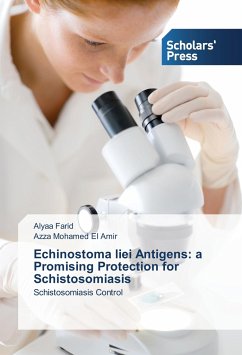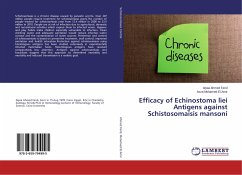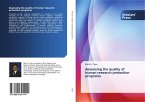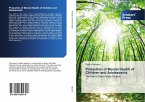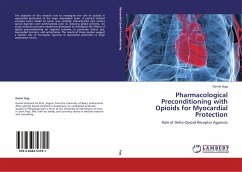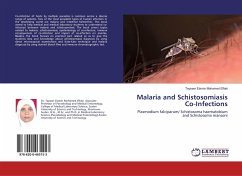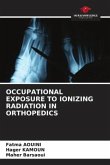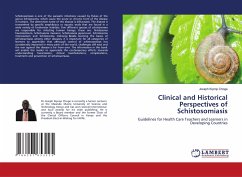Protection against schistosomiasis using homologous antigens has been studied extensively in experimentally infected mammalian hosts. Heterologous antigens have received comparatively less attention. Antigens against schistosomiasis suggest that this approach to diminished morbidity and mortality and reduced transmission is a realistic goal, in addition to protective effects with significant worm burden reductions, some vaccine candidates also have anti-fecundity, anti-pathology and anti-embryonation effects. Schistosomes and echinostomes are two groups of digenean trematodes that co-occur within aquatic-snail populations. Although both parasite groups use snails as a first host, schistosomes complete their development in the blood vessels of a second host (either birds or mammals), whereas echinostomes require two additional hosts (snails and birds or mammals) to reach maturity. When members of these two parasite groups co-infect a mutual snail host, echinostomes typically dominate the interaction due to larval attributes that are lacking in the schistosomes.
Bitte wählen Sie Ihr Anliegen aus.
Rechnungen
Retourenschein anfordern
Bestellstatus
Storno

